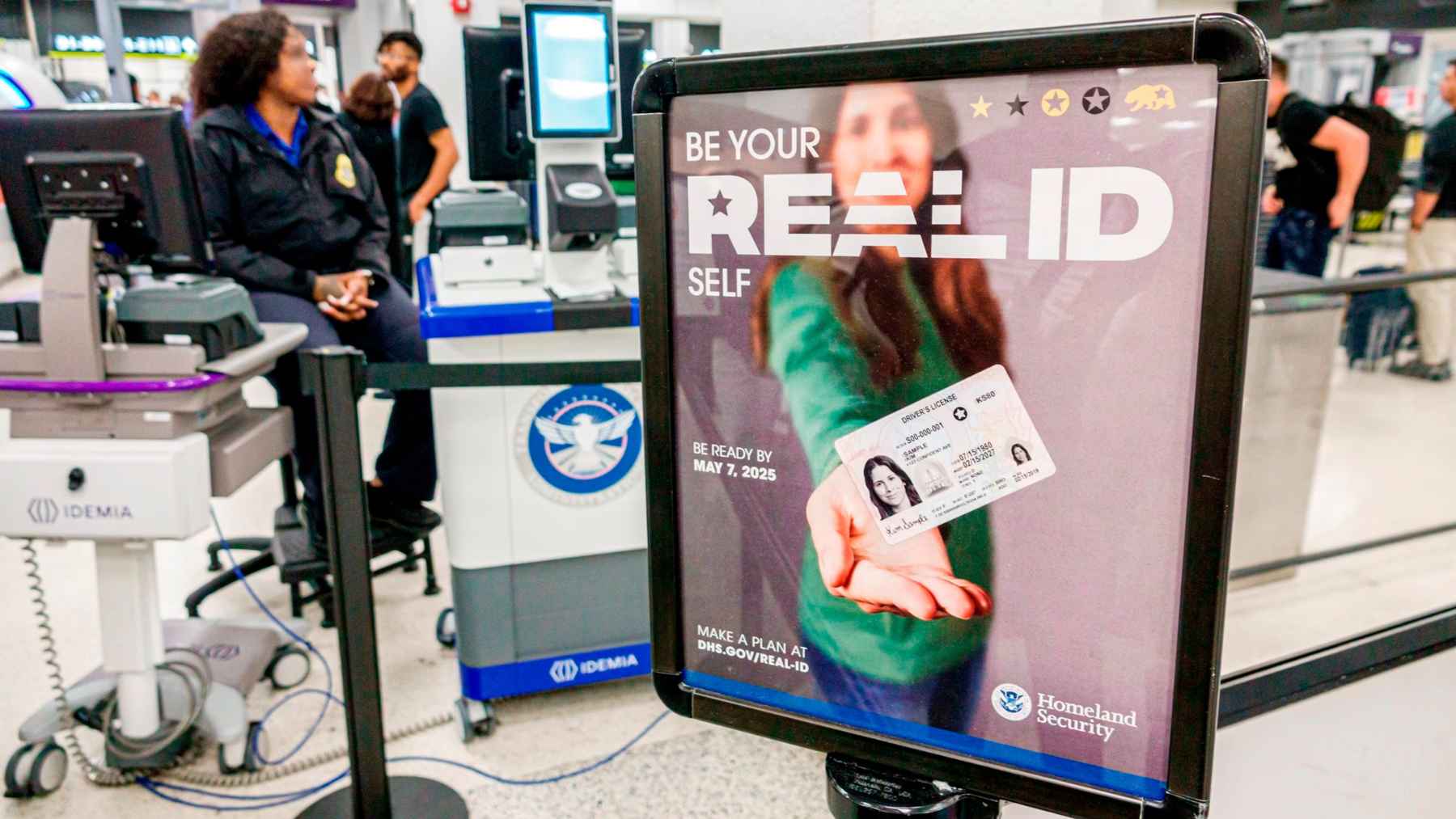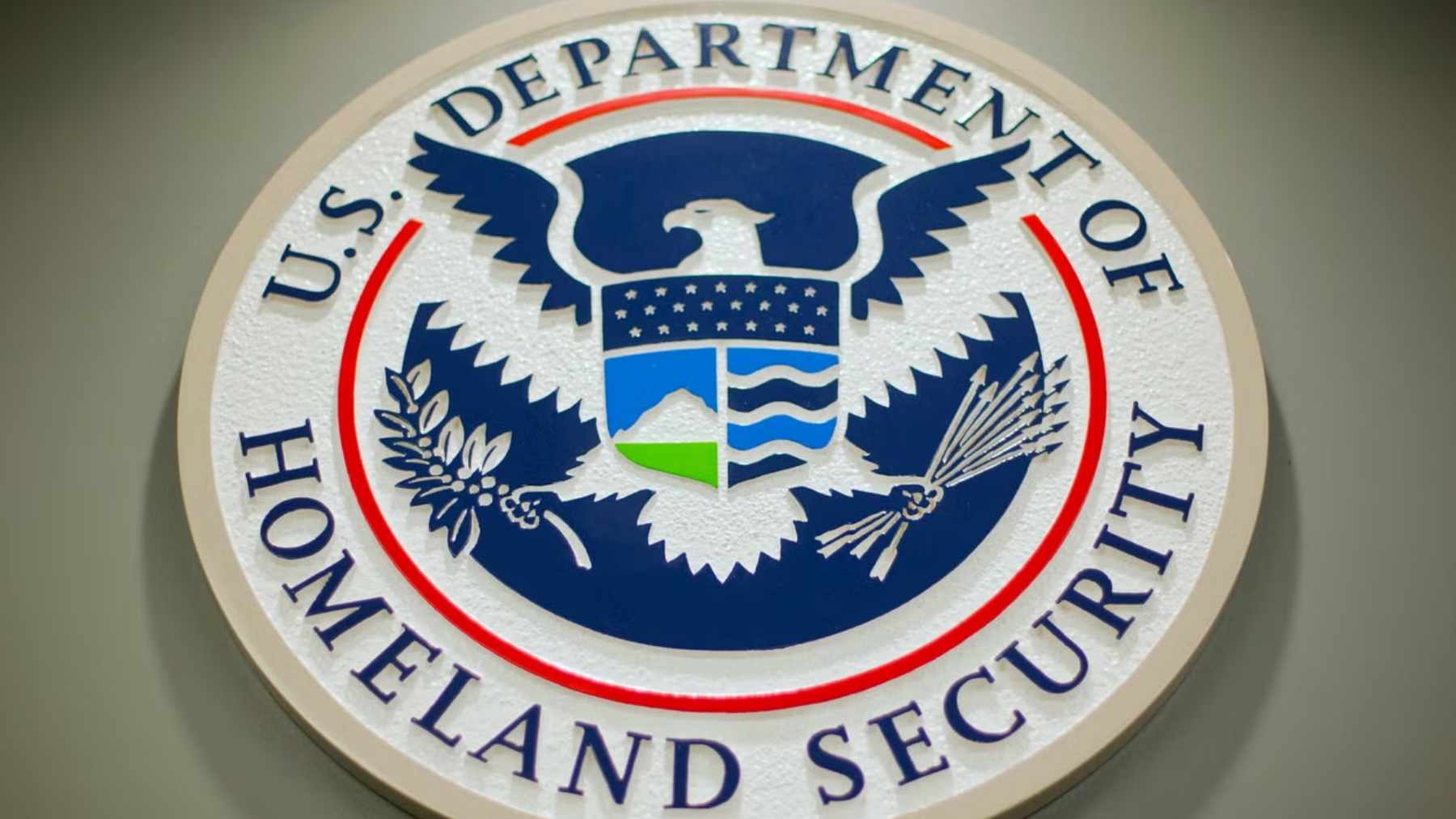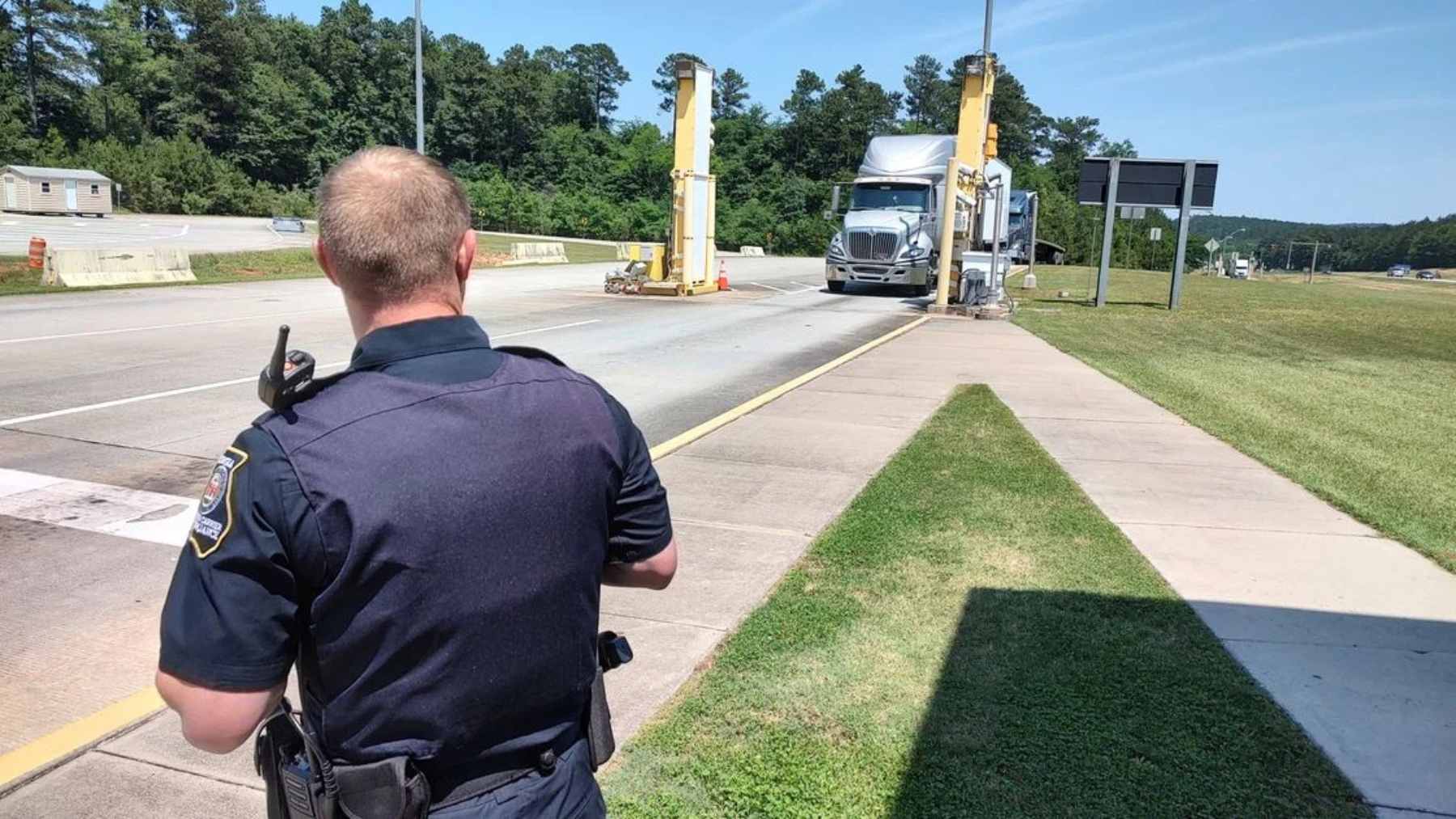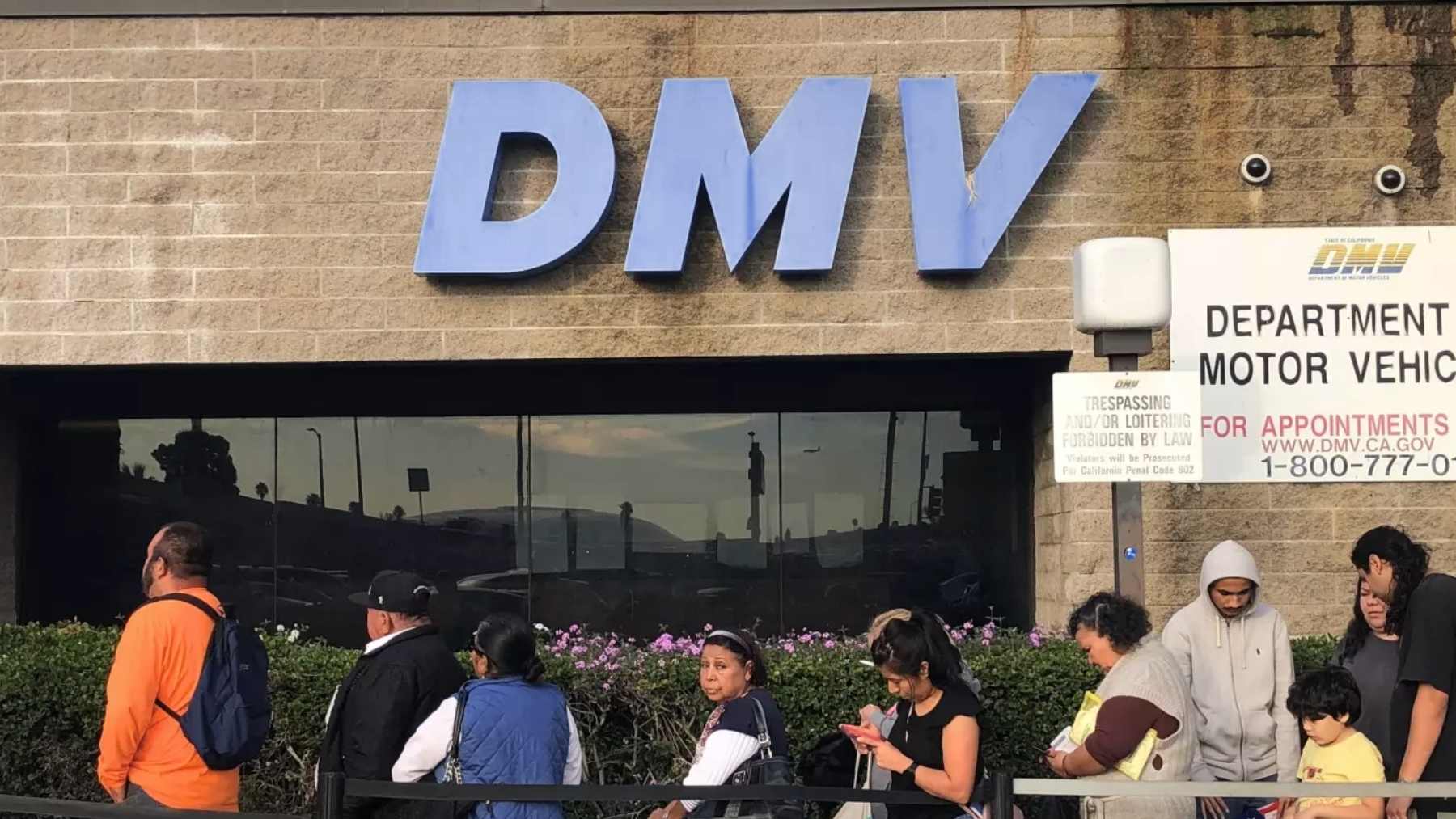Traffic stops, while a routine part of law enforcement duties, can often be an intimidating and fearful experience for many drivers. While officers are entitled to pull you over due to speeding, running through a red light, or any other traffic violation, many have stated that officers can be biased when choosing who to pull over, causing specific minorities to be targeted in this process. Due to complaints like these, this state has decided to put an end to traffic stops altogether.
What is the intention behind traffic stops?
The purpose of traffic stops is supposed to be for officers to enforce the law of the road as well as to address any violations or suspicious driving behavior immediately. Having officers present on the road watching vehicles is also intended to deter drivers from breaking traffic laws if they are aware that they could be seen doing so. Police presence is also intended to ensure heightened public safety.
However, these traffic stops are often linked to a disproportionate number of non-white drivers being stopped by police compared to white drivers. According to an analysis by InvestigateWest, between 2018 to 2023, Native American drivers were stopped five times more than white drivers, with Black and Hispanic drivers also being disproportionately affected. In addition, many have said that these stops are largely ineffective. Between 2009 and 2019, Washington State Troopers found contraband in less than 1% of stops in these 10 years.
This state is putting an end to traffic stops
In light of complaints regarding the traffic stops, Washington is looking to have police be barred from conducting traffic stops for nonmoving violations. These include violations such as expired tabs or broken headlights. However, you still could be pulled over for a criminal offence, such as not wearing a seatbelt or having a license plate on your vehicle. For nonmoving violations, you would be sent an email with a warning from officers.
“If there were people walking down the street [with] machetes, I’d rather have our law enforcement officers addressing those folks with machetes as opposed to writing tickets for parking violations,” Rep. Chipalo Street, D-Seattle, told the House Community Safety Committee in February of this year.
House Bill 1512 in the Washington State Legislature is currently still sitting with the House Committee for review. If passed, the bill would not only approve that police cannot stop vehicles for nonmoving violations but would also establish a grant to help low-income individuals avoid nonmoving violations. Additionally, should the bill be passed, officers would need to record driver demographics and the reason for the stop starting in 2026.
Resistance from police officials
While the bill has been met with praise from minority advocates, some police officials do not approve of the bill, stating that traffic stops without restriction can allow police to, for example, stop human trafficking taking place.
“If the Legislature wants a person to be able to drive a car without headlights or taillights, we recommend that you simply just eliminate those provisions from the law,” said James McMahan, policy director for the Washington Association of Sheriffs and Police Chiefs. “To keep those provisions on the books but prevent police from enforcing them, we think, undermines the rule of law.”
Washington is not the only state looking to eliminate traffic stops. The Houston Police Department in Texas has eliminated mandatory traffic stops completely due to complaints about police bias from road users, as well as it being noted that officers were not under any official policy whereby they had to make at least one traffic stop per shift. The end to the mandatory stops went officially into place at the end of last month. The move also hopes to improve public trust in law enforcement.















